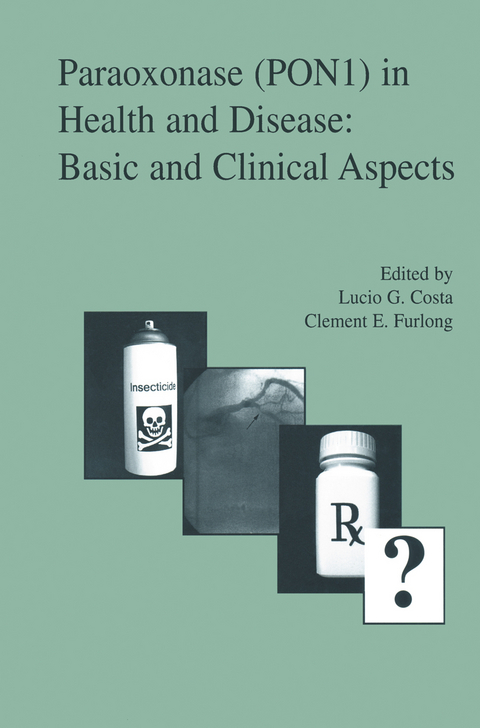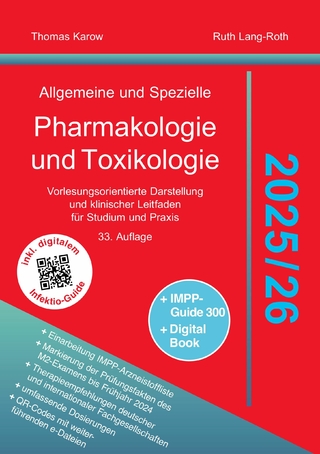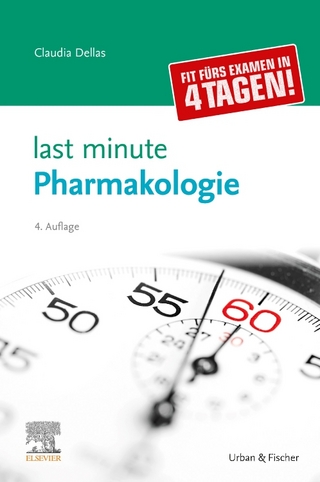
Paraoxonase (PON1) in Health and Disease
Basic and Clinical Aspects
Seiten
2002
Springer-Verlag New York Inc.
978-1-4020-7282-6 (ISBN)
Springer-Verlag New York Inc.
978-1-4020-7282-6 (ISBN)
The paraoxonase or PON family of genes resides on human chromosome 7q2t-22 in the order PONt, PON3 and PON2. PONt was one of the early genes identified as an environmentally relevant gene, in that it is important in determining an individual's sensitivity or resistance to exposure from specific organophosphorus (OP) insecticides. Paraoxonase (PONt) is an A esterase (i. e. , not inhibited by OP compounds) initially identified for its ability to catalytically hydrolyze paraoxon, the toxic metabolite (oxon form) of the insecticide parathion. Evidence accumulated in the past several years has established that this enzyme, which is present at variable levels in liver and serum of different individuals, is an important determinant of sensitivity to toxicity of specific organophosphorus compounds including chlorpyrifos oxon and diazoxon. Recent experiments have pointed out that it is the catalytic efficiency of PONt together with the levels of PONt that are important in determining the degree of resistance. Surprisingly, even though PONt has a higher catalytic efficiency than PONtQ)92 for paraoxon RJ92 hydrolysis, it does not provide significant in vivo protection against an exposure to paraoxon. Interest in this enzyme has also emerged from the finding that it displays genetic polymorphisms in most populations, with a significant number of the individuals in a given population canying a PONt gene that puts them at risk for a specific OP exposure.
1 Historical Considerations.- 2 PON1 Structure.- 3 PON1 Polymorphisms.- 4 The Role of Paraoxonase in Lipid Metabolism.- 5 CHD and Atherosclerosis: Human Epidemiological Studies and Mouse Models.- 6 Protective Action of HDL-Associated PON1 Against LDL Oxidation.- 7 PON1 in Different Species.- 8 PON1 and Organophosphate Toxicity.- 9 PON1 in Other Diseases.- 11 Perspectives in PON1 Research.
| Erscheint lt. Verlag | 30.11.2002 |
|---|---|
| Zusatzinfo | XVII, 216 p. |
| Verlagsort | New York, NY |
| Sprache | englisch |
| Maße | 155 x 235 mm |
| Themenwelt | Studium ► 2. Studienabschnitt (Klinik) ► Pharmakologie / Toxikologie |
| Naturwissenschaften ► Biologie ► Biochemie | |
| Naturwissenschaften ► Biologie ► Ökologie / Naturschutz | |
| Naturwissenschaften ► Chemie ► Technische Chemie | |
| Technik ► Umwelttechnik / Biotechnologie | |
| ISBN-10 | 1-4020-7282-1 / 1402072821 |
| ISBN-13 | 978-1-4020-7282-6 / 9781402072826 |
| Zustand | Neuware |
| Haben Sie eine Frage zum Produkt? |
Mehr entdecken
aus dem Bereich
aus dem Bereich
Buch | Hardcover (2024)
Thomas Karow (Verlag)
57,80 €
Buch | Hardcover (2022)
Urban & Fischer in Elsevier (Verlag)
99,00 €


